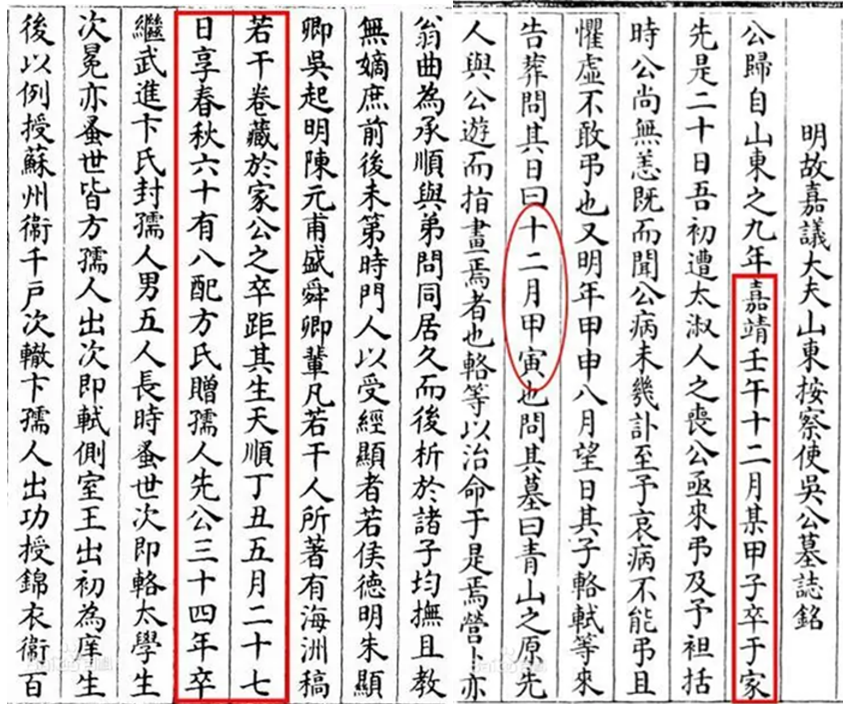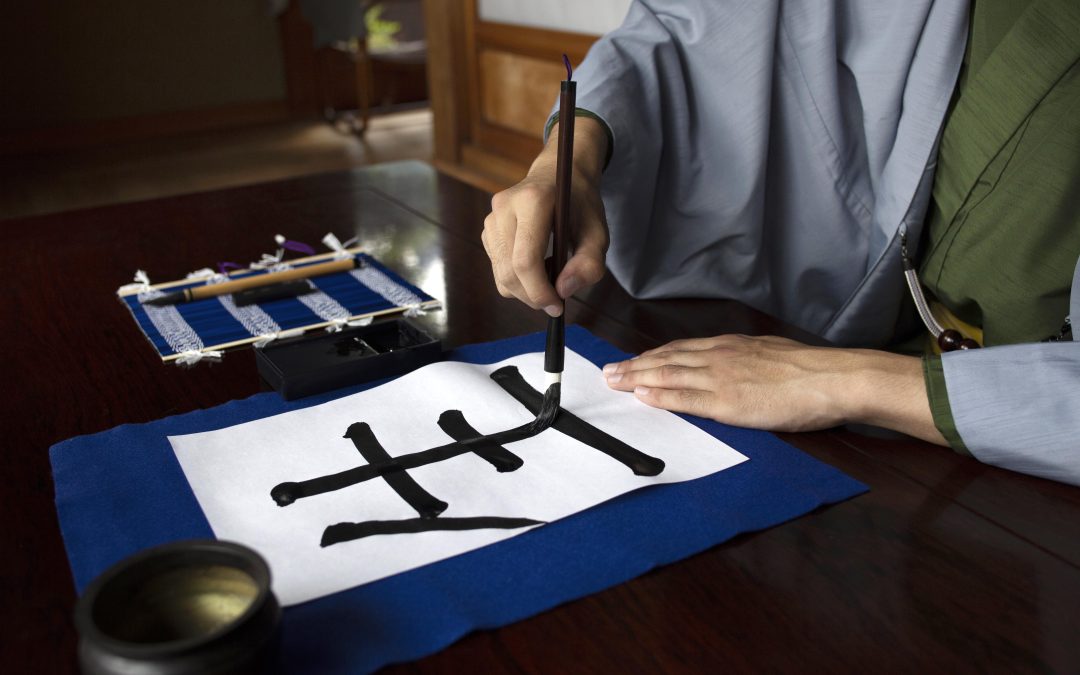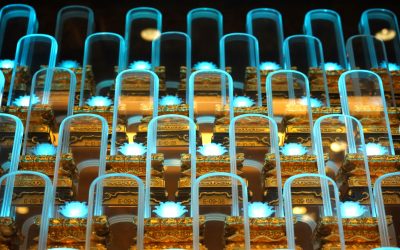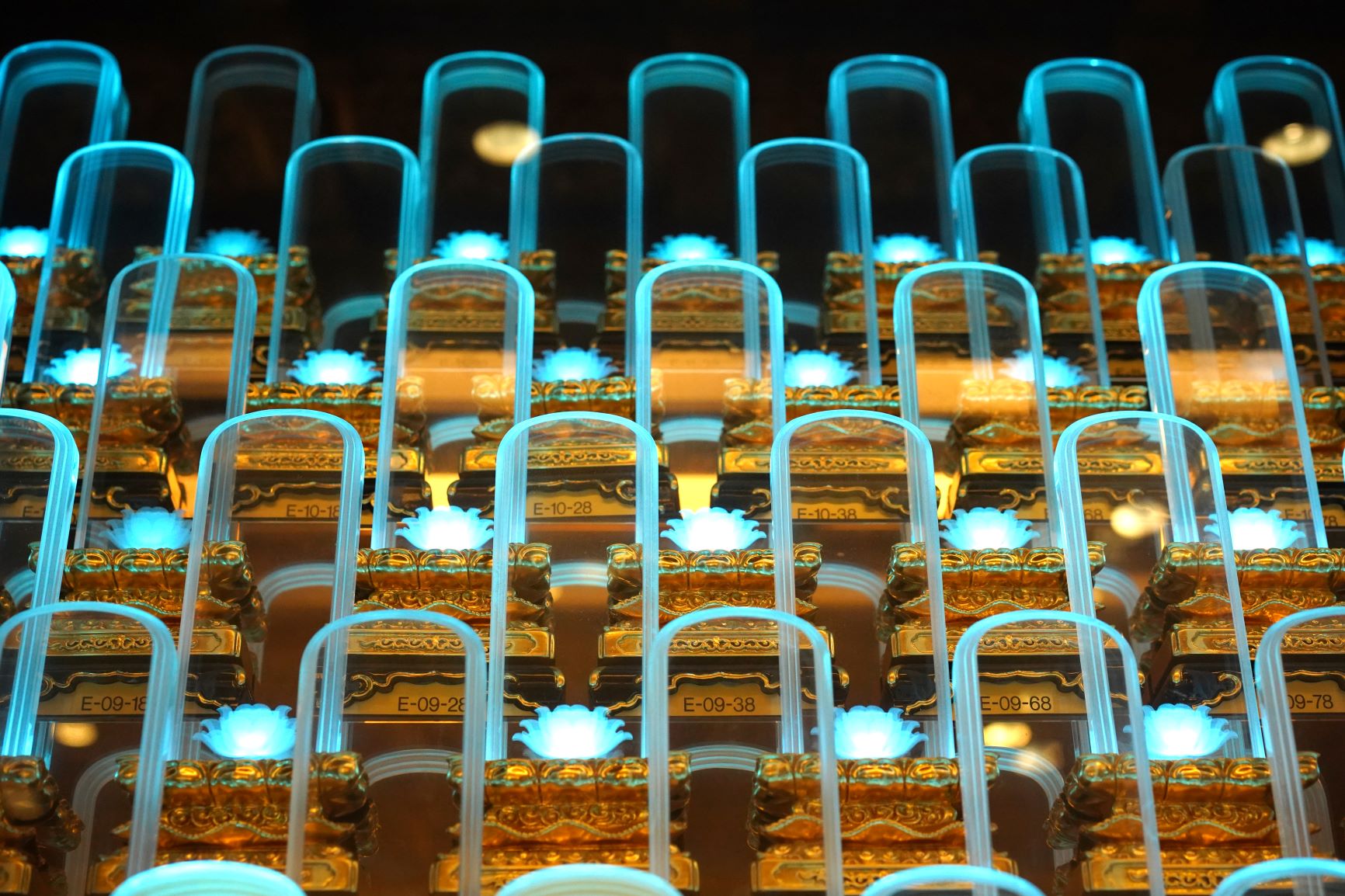Have you ever heard of “adding three years” to a person’s age after they pass away? In Malaysia, different regions and dialect groups have their own variations of this practice — some add four years, and others even five. Therefore, what is the correct way?
One common explanation in Malaysia is the concept of “Heaven-Earth-Humankind,” hence adding three years. However, in the southern region, there is a practice of adding one more year for women as a tribute to the greatness of motherhood, resulting in four added years. Among the Hokkien community, numbers ending in 9 is considered taboo. Therefore, if the final number after the age is adjusted is 59 or 69, an additional year may be added to round it up. Why are there so many different approaches?
Chinese traditions and customs are not set in stone. In many cases, customs evolve with local needs and social contexts, forming regional characteristics. One of such examples involves the worship of Datuk Gong among the Chinese diaspora in Malaysia – a practice that has in origins in early Chinese immigrants conflating their own earth tutelary deity beliefs with local guardian spirit traditions. The practice of adding years after death follows a similar evolution. The focal point is not about which method is “right,” but rather at how each reflects the values and worldviews of different communities. Those who follow the “Heaven-Earth-Humankind” framework emphasize the traditional Chinese agrarian society’s respect for nature. In contrast, the southern practice of adding a year for women reflects the community’s reverence for childbirth and family lineage continuity.
Beyond these approaches, there’s another with even deeper historical origins: the concept of “accumulating intercalary months for longevity.”
What is “Accumulating Intercalary Months for Longevity”?
Both the Gregorian and Chinese Lunar calendars we use today include the concept of intercalary adjustments, though the concepts differ slightly. The Gregorian calendar is solar-based, having its basis on the time it takes for the Earth to complete its orbit around the sun, which is approximately 365.24 days. The system necessitates adding an extra day in February every four years – making it an intercalary or leap year – to keep sync with the seasons.
The lunisolar Lunar calendar is more complex, involving both solar and lunar systems. The solar calendar tracks the Earth’s orbit around the sun, while the lunar calendar is based on the monthly cycles of the Moon’s phases. A lunar year is around 354.36 days long, shorter than a solar year by around 10.88 days. Therefore, roughly every 2 to 3 years, an additional intercalary or leap month is added to align both calendars. For instance, there’s a leap sixth lunar month this year – with the next occurrence in 2028. This ensures the Lunar calendar stays in step with the solar terms and is summed up in the saying: “One leap in three years, two in five, and seven in nineteen.”
The traditional Chinese 60-year cycle uses ten heavenly stems and twelve earthly branches to form 60 combinations — a full sexagenary cycle. Individuals reaching 60 years of age or more – completing a full sexagenary cycle and returning to one’s birth year – was once considered an auspicious major milestone in life, a mark of longevity, as well as a blessing. The occasion is celebrated through a “great longevity” banquet and specially tailored garments called “longevity robes.” These same items of clothing would later serve as the individual’s final garments to be worn at the funeral after passing away – symbolising a fulfilled life.
The basis behind the concept of “accumulating intercalary months for longevity” is that a long-lived individual is posthumously credited with the total number of leap months they lived through – implying being blessed with the gift of longevity. Only those considered to have attained this milestone qualify. Therefore, based on the aforementioned saying, someone who has survived 60 years would have accumulated about 22 leap months – equating to almost two years. If they were also considered a year older by East Asian traditions, the age would be adjusted to 63 years at the time of passing.
Actual Age vs. Traditional East Asian Age
To elaborate this example further: if the individual was two years older by traditional East Asian standards, then their accumulated age would be counted as 64. Why do some people have one additional year, while others two?
In Chinese customs, there is a difference between actual and traditional East Asian age. The actual age reflects the true number of years lived, while the traditional East Asian one includes the gestational period – essentially making a person about a year old at birth. Therefore, most people’s traditional East Asian age exceeds their actual age by a year – something usually referred to loosely as “Chinese age.” However, if someone is born before the Lunar New Year, they are considered born in the previous lunar year, making the difference two years.
Real-Life Examples
1. Wu Xue, surveillance commissioner of Shandong during the Ming dynasty
The epitaph at Wu Xue’s tomb states he was born in the Fire Ox Year of the Tianshun reign on the 27th day of the 5th lunar month (18 June 1457) and died in the Water Horse Year of the Jiajing reign on the 12th lunar month (19 December 1522 – 17 January 1523). His actual age should be 65 years, and 66 years in Chinese age. However, the epitaph also states he “enjoyed 68 springs and autumns” – a two-year intercalary month accumulation.

2. Lee Shau-kee, Hong Kong business magnate
Lee Shau-kee was born in 1928, and died in 2025 on the 27th day of the 4th lunar month at age 97. His obituary clearly states that he “lived to the age of 100 by intercalary months.” At 97 years, there were about 35 accumulated intercalary months, or nearly three years. It should be noted that his family used his actual age instead of his Chinese age in calculating the leap months. Both methods are acceptable.

Conclusion: How Many Years Should Be Added After Death?
Before answering that question, it is crucial to understand the origins and logic behind each concept of age adjustment. One should consider their personal beliefs and local customs when deciding whether—and how many years—to add.
If you align with the “Heaven–Earth–Humankind” philosophy, follow its logic. If you value the southern view that honours women with an extra year, that is equally valid. If you believe the Lunar calendar’s leap calculation is more grounded in natural rhythm, then follow “accumulating intercalary months for longevity.” The key is to be clear about which concept and reasoning one is adhering to.
Passing on Chinese culture should not be a mere slogan or surface act. We should not follow customs blindly without understanding their meaning. Otherwise, the true essence of Chinese tradition risks being lost.
Nirvana Memorial Park: Choosing my final resting place
Nirvana Memorial Park: Choosing my final resting place Have you given thought about where you will be laid to rest after you depart from this life? Would you prefer your remains to be buried, or be eternally remembered at a grand and dignified hall of a columbarium?...
Pet Funeral Guide Malaysia
Funeral Arrangements for Pets in 2021: A Guide There’s nothing quite like the special bond we share with our furry companions. They’ve been with us, provided much joy and comfort for us, accompanied us through dark times and shared many happy moments with us. When the...
Is there need for Nirvana Life Plan Funeral Arrangement
Funeral Arrangements: Is There A Need for A Nirvana Life Plan? You might think, ‘When I go, I just go’, and I can leave all the other matters to my loved ones to take care of. Well, technically, you can, but you can also pre-plan what happens after you depart, right...
Why is Funeral Pre-Planning Important in Malaysia
Funeral Arrangements in Malaysia: Why is Funeral Pre-Planning Important. We often think it’s taboo to discuss death and after-life, and we think that when the time comes, someone will take care of our funeral matters. However, we all have given it some thought, how...
The Ultimate Guide to Funeral Arrangements in Malaysia
Losing a loved one is a distressing experience to deal with. This is because the passing of a dear friend or family member is something you can never truly prepare for no matter how much you try. Moreover, it can get a little confusing as well when you’re forced into...
Nirvana Malaysia: Engaging The Best Funeral Parlour Before Death
While death is still considered to be a taboo subject across many cultures or countries, we can also see a shift in perspective of people who’d choose to plan for their own funeral. This happens due to a variety of reasons, be it budgeting or convenience. This change...
5 main advantages of pre-planning
5 main advantages of pre-planning for yourself You assume financial responsibility of your own funeral When the unthinkable happens, the financial responsibility of your last rites now falls on your family. The average funeral is priced upward of RM20,000 excluding...
Why make offerings of light?
Why make offerings of light? In its most basic context, the act of making an offering in Buddhist tradition enables one to practice generosity in giving, to express gratitude and respect, and to contemplate on the life sustaining law of interdependence. In Buddhist...
The Feng Shui principles behind Sheng Ji
The Feng Shui principles behind Sheng Ji For the benefit of the layperson, the metaphysical art of Feng Shui can basically be divided into two; namely Yin House Feng Shui and Yang House Feng Shui. In a nutshell, Yin House Feng Shui is the practice of geomancy for the...
Ancestral Tablets
The significance of ancestral tablets Ancestor worship is a practice that occupies a supreme role in the religious and social life of Chinese society. Deeply rooted in the all-important virtue of filial piety, much of its associated rites have remained unchanged since...



























